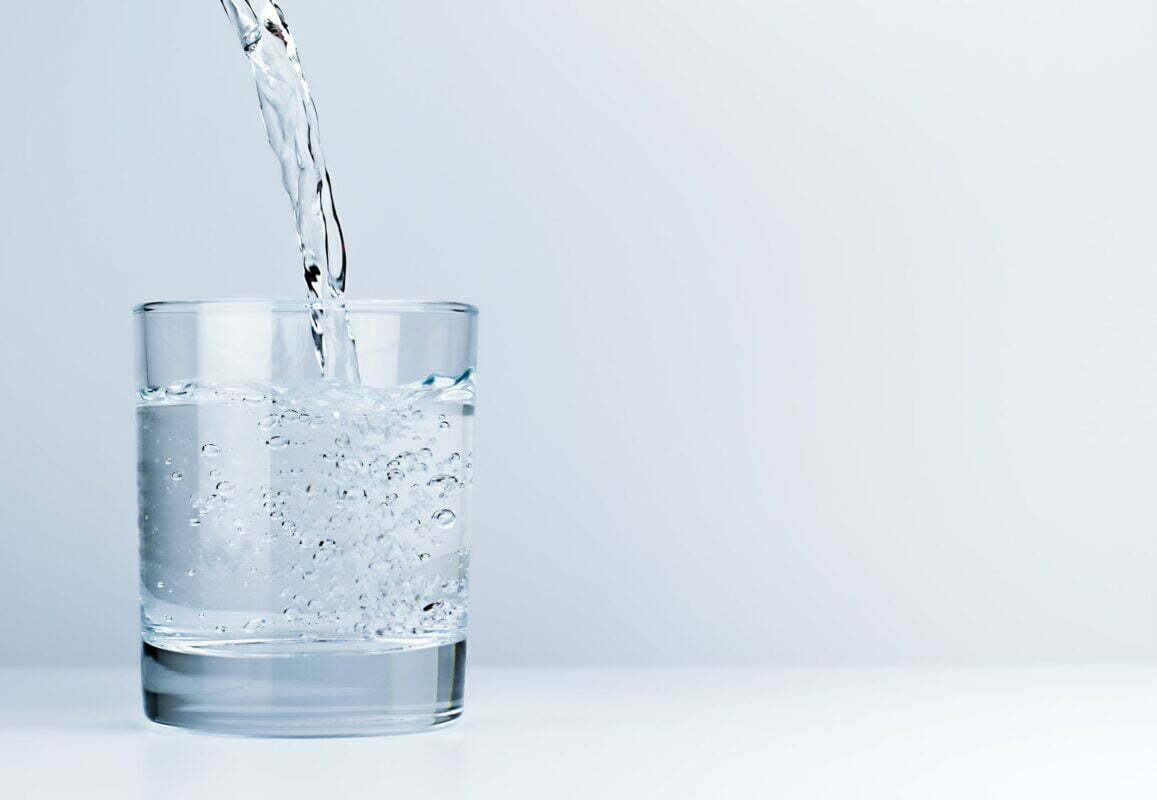Recently, one of our patients reached out for information on treating dry mouth. We'd like to thank them for inspiring this latest blog!
What is Dry Mouth?
Dry mouth, or xerostomia (zeer-o-stoe-me-uh), refers to a condition in which the salivary glands in your mouth don't make enough saliva to keep your mouth wet. Dry mouth is caused by a number of different things:it can be a side effect of certain medications, sleep apnea machines, cancer treatment, etc. Less often, dry mouth may be caused by a condition that directly affects the salivary glands.
Complications from Chronic Dry Mouth
Decreased saliva and dry mouth can seem merely a nuisance, but it can have a major impact on your general health and the health of your teeth and gums. Saliva is a very important fluid – it helps prevent cavities from forming and aids in preventing gum disease. Ideally, our teeth and gums are constantly being bathed with saliva. It helps us remove plaque and other food debris off of our teeth and gums, when flowing adequately. Saliva also maintains a healthy pH level in our mouth, thus minimizing the harmful acids caused by the bacteria in our mouth. With decreased amounts of saliva, we are 3 times more likely to develop cavities, and more likely to develop gum infections.
If you're not producing enough saliva, you may experience:
-
Dryness or a feeling of stickiness in your mouth
-
Saliva that seems thick and stringy
-
Bad breath
-
Difficulty chewing, speaking and swallowing
-
Dry or sore throat and hoarseness
-
Dry or grooved tongue
-
A changed sense of taste
-
Problems wearing dentures
Treating Dry Mouth
If you're experiencing dry mouth, let us know! We can evaluate how severe your xerostomia is. Based on our assessment, one of the following suggestions might be made:
-
Consult with your physician, if we believe your dry mouth is being caused by medications.
-
Start using a saliva substitute (i.e. Biotene).
-
Sip water or suck on ice chips throughout the day will help keep your mouth moist.
-
Chew sugar-free gum to promote saliva production.
-
Breathe through your nose, not your mouth.
-
More frequent dental exams, if your dry mouth is putting you at higher risk for cavities.
Avoid things that aggravate dry mouth, like:
-
Alcohol
-
Caffeine
-
Tobacco
-
Antihistamines/decongestants
Xerostomia is a real condition, with real symptoms and consequences. If you're suffering from dry mouth, it's definitely worth mentioning to us. We want you to maintain optimal oral health! We will partner with you to find out the cause, and relive your symptoms!
Yours in better dental health,
Dr. Sam Withanachchi
Toothworks Dentistry






